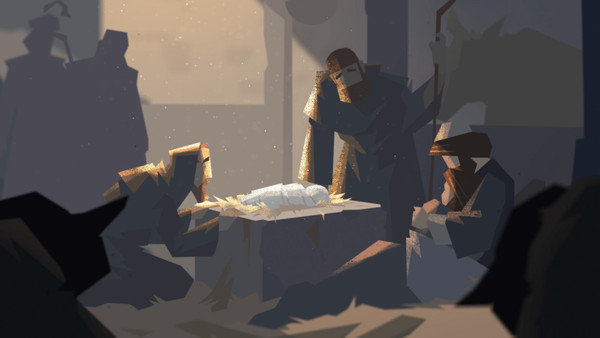

The Birth of Jesus: Luke 1-2
In the first video in our Luke-Acts series, we explore the amazing events surrounding the birth of Jesus. The humble conditions of his family and their low status in Israelite society foreshadow the upside-down nature of Jesus’ Kingdom.
Reflect
What is one way this video encourages or expands your understanding of the Gospel of Luke?
What is one way that Jesus’ Kingdom is unlike the kingdoms of this world?
Consider your community. What needs to be turned upside-down to look more like God’s Kingdom?
Jump In
Downloads
Next Episode

Episode 2
The Baptism of Jesus: Luke 3-9
Luke-Acts

Episode 1
The Birth of Jesus: Luke 1-2

Episode 2
The Baptism of Jesus: Luke 3-9
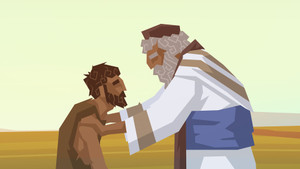
Episode 3
The Prodigal Son: Luke 9-19
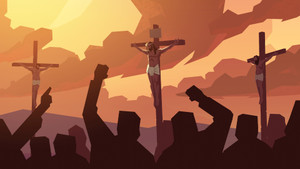
Episode 4
The Crucifixion of Jesus: Luke 19-23
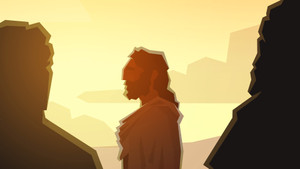
Episode 5
The Resurrection of Jesus: Luke 24
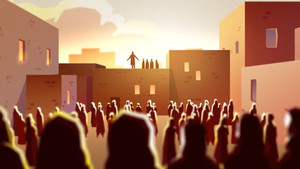
Episode 6
Pentecost: Acts 1-7
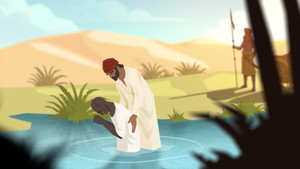
Episode 7
The Apostle Paul: Acts 8-12
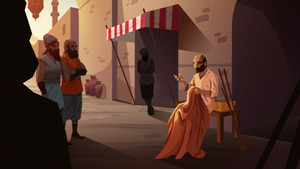
Episode 8
Paul's Missionary Journeys: Acts 13-20
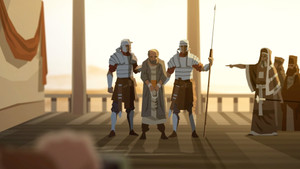
Episode 9
Bound for Rome: Acts 21-28